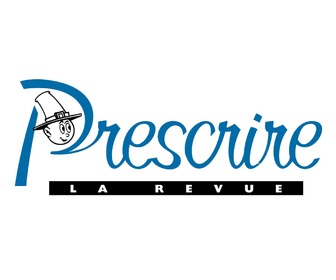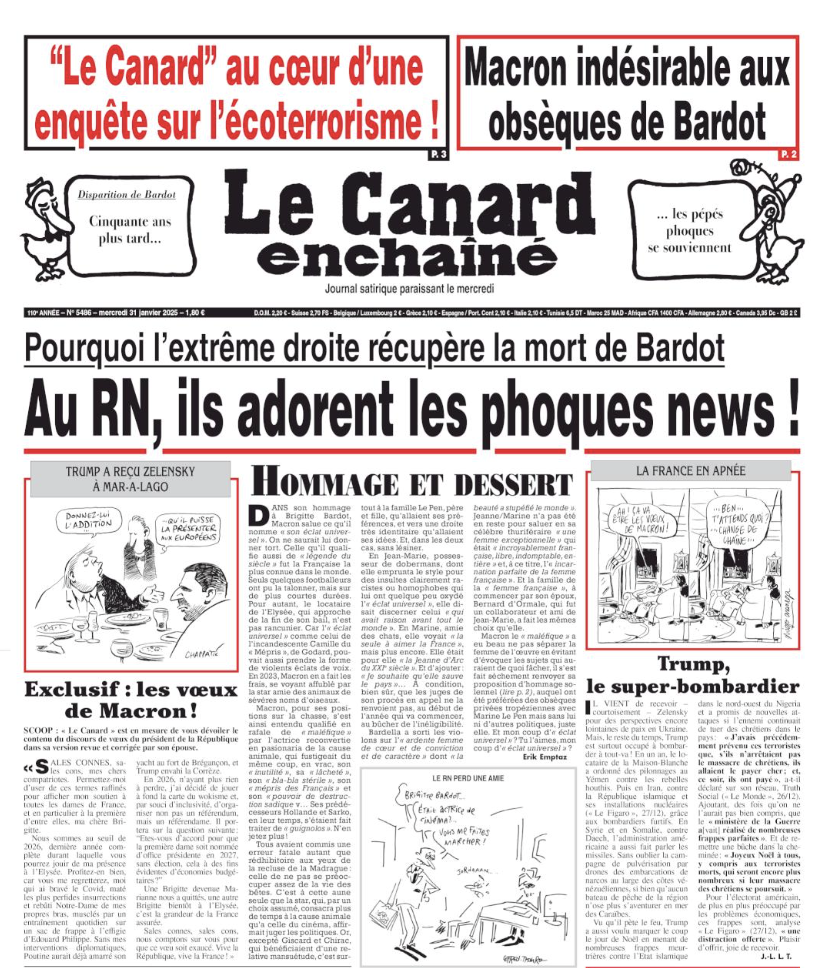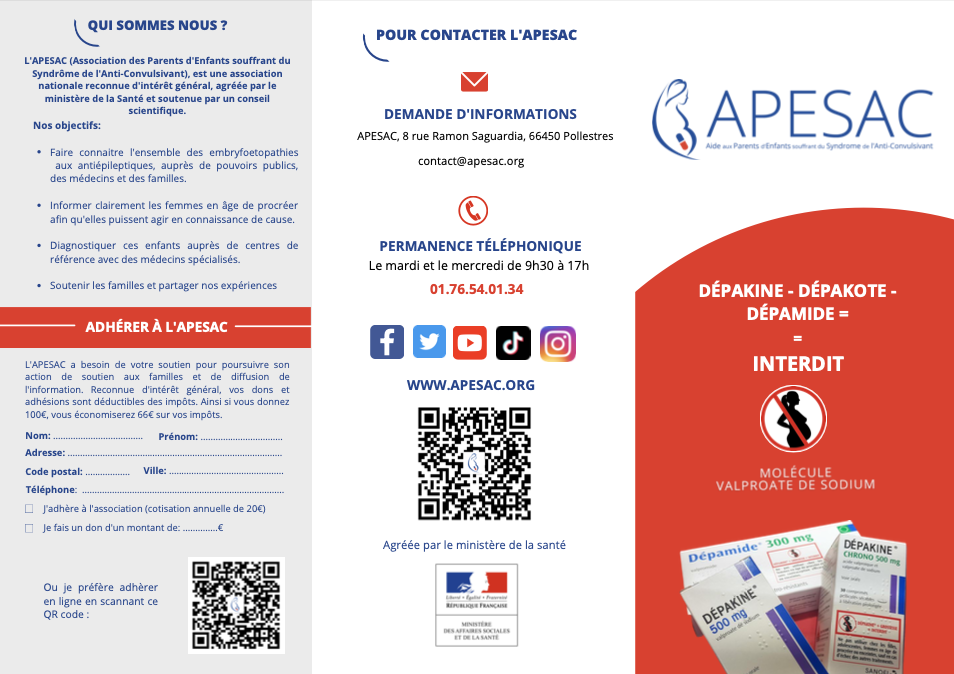
Biospace, le 13 novembre 2020
In a multi-year investigation surrounding Sanofi’s epilepsy drug Depakine, the charges now include France’s medicine watchdog, the National Agency for the Safety of Medicines and Health Products (ANSM). The ANSM was indicted for “negligent injuries and manslaughter” in the Depakine case.
The drug, sodium valproate, has been on the market since 1967 to treat epilepsy, migraines and bipolar disorder and is prescribed in over 100 countries. Allegedly, Sanofi learned of the malformation risk for babies in-utero in the 1980s when their mothers were taking, then in 2003 became aware that the drug can also impact neurological development, with increased risk of autism or learning challenges. When the EMA re-evaluated the drug in 2014, it put out strong recommendations that it should not be prescribed to women of child-bearing age. But for the thousands of families already affected, this was far too late.
BioSpace spoke to Marine Martin, a mom-turned-whistleblower who had taken Depakine since age 6 for her epilepsy. Martin’s daughter Salomé is affected with neurological issues like dysgraphia, dyspraxia and slight autism. Her son Nathan has hypospadias, neurological issues of praxis difficulties, autism, language trouble and hyperlaxity. They both had the tell-tale valproate face, a swelling caused by side effects of valproic acid (Depakine).
Driven by the instinct that these difficulties were not random occurrences, Martin began her own research. The fact that her son had both malformations and neurological issues had her googling pesticide side effects when she stumbled across a Paris hospital website that said Depakine was the second most dangerous drug to take during pregnancy. This led Martin to sound the alarm, alerting others, contacting the media and public authorities. Understanding the need to unite affected families, instead of going after the pharma giant individually, Martin founded the Association for the Assistance of Parents of Children with Anti-Convulsant Syndrome,APESAC.
Martin went on to negotiate a 6.5 million euro compensation fund with the National Medical Accident Compensation Office for victims. Sanofi is not participating in the fund. The studies done by the government based on Martin’s efforts came out with some heartbreaking statistics. An estimated 4,000 children were born with deformities due to in-utero exposure to the drug. Between 2007-2014, of the 14,000 pregnant women taking Depakine only 8,700 ended up giving live birth. It’s estimated up to 30,400 children have been born with mental and behavioral disorders since the marketing of the drug in France in 1967.
The investigation into Sanofi first began in 2016. At that time, Pascal Michon, Sanofi’s head of Established Product Global Medical Franchise, told Reuters that if the court found them responsible they would assume that responsibility “just as we always have.” Since then, Sanofi has denied any wrongdoing, saying it warned authorities of the risk back in 1980 when it was first discovered.
The courts then took aim at the ANSM, with an indictment on Wednesday for the effects of the drug.
“The ANSM takes the full measure of the suffering of the victims and has worked for several years to limit exposure to valproate in women of childbearing age,” the agency said in a statement, adding that it will “respond to any questioning from Justice in order to make its full and complete contribution to the manifestation of the truth.”
With these charges officially filed, Martin said, “I am happy as I have been fighting for this cause for years. I know we will succeed. Some people call me Erin Brockovich. That makes me laugh, but it is true that the fight is tough. These judicial decisions to indict Sanofi and the ANSM are small vices against a Sanofi big pharma.
Source Biospace, par Kate Goodwin






